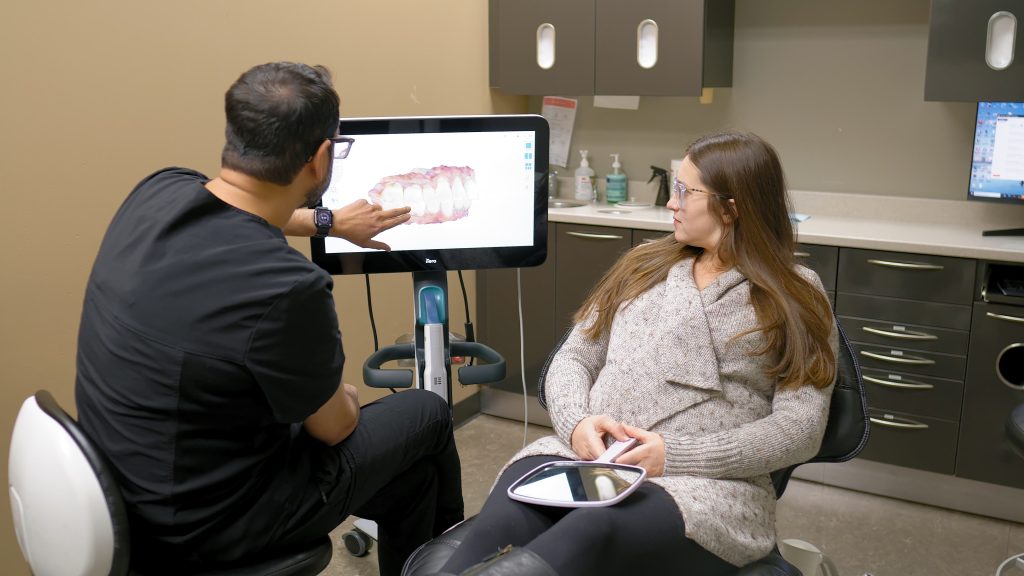What typically happens during a dental exam?
A comprehensive dental exam will be performed by your dentist at your initial dental visit. At regular check-up exams, your dentist and hygienist will perform the following:
Examination of diagnostic X-rays (radiographs): Essential for detection of decay, tumors, cysts, and bone loss. X-rays also help determine tooth and root positions.
Oral cancer screening: Check the face, neck, lips, tongue, throat, tissues, and gums for any signs of oral cancer.
Gum disease evaluation: Check the gums and bone around the teeth for any signs of periodontal disease.
Examination of tooth decay: All tooth surfaces will be checked for decay with special dental instruments.
Examination of existing restorations: Check current fillings, crowns,

What Are Some of the Reasons for Tooth Extractions?
There are numerous reasons why a dentist might recommend a simple tooth extraction as the most suitable treatment option.
Preventing Infection and Decay – When a tooth is too damaged to save with a filling or crown, extraction may be necessary to prevent the spread of decay or infection to surrounding teeth and gum tissue.
Impacted Teeth – Teeth that are blocked from entering the mouth, often wisdom teeth, can cause pain, swelling, and can lead to infection, necessitating their removal.
Gum Disease – Advanced periodontal disease can cause the loosening of teeth, making extractions necessary to preserve the health of the jawbone and surrounding teeth.
Dental Trauma – Following an injury, teeth may be fractured or loosened and require removal if they can’t be saved by other means.
